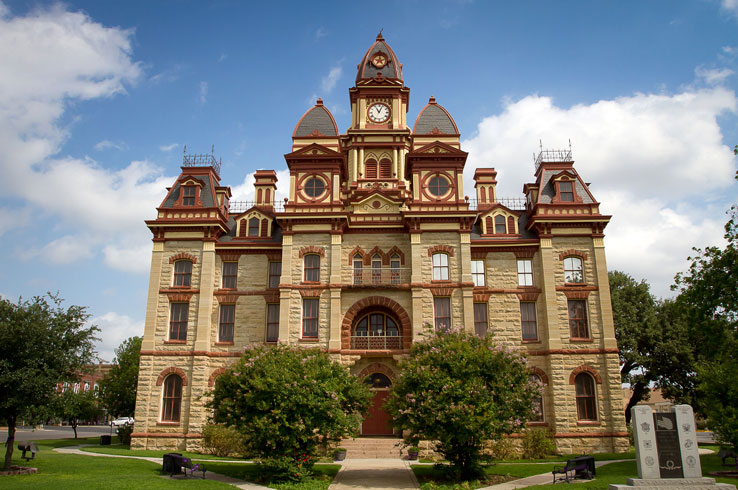Three former employees of the Lion & Rose restaurant sued their employer for violating the Emergency Paid Sick Leave Act of 2020. The lawsuit came known as Summers v. Olde England’s Lion & Rose Rim, No. 20-CV-00929 (W.D.Tex.). The EPSLA ended in December, 2020. It provided for paid sick leave for persons who contracted the coronavirus. The three employees, manager Gary Bruce, and bartenders Spencer Cox and Michael Summers, claimed they were fired for taking time off from work to quarantine in 2020. The Lion & Rose, as employers always do, claimed they were fired due to poor work performance.
Retaliation
Mr. Bruce came down ill and took the coronavirus test. He then quarantined for tend ays, as he was required to do. Bruce complained to the owner, Allen Tharp, that he was not paid his sick leave, as required under the EPSLA. Mr. Bruce says Mr. Allen then said he would pay him when he works.
Regarding Mr. Summers, the plaintiff entered into evidence an email from Mr. Tharp saying Summers’ absence had cost him thousands of dollars in sales.
Jury Verdict
The matter was tried to a jury in February, 2022. Mr. Bruce sought $8,333, Mr. Cox requested $58,300 and Mr. Summer sought $68,400, all in lost wages and benefits. The first question the jury had to answer was whether the Lion & Rose was an integrated enterprise. The Lion & Rose had 40 employees at the restaurant. But, it had some 600 employees at Lackland AFB and Camp Bullis dining facilities. If the employer has 500 or more employees, then the EPSLA would not apply. So, to the first question, the jury answered no, the restaurant was not integrated wit the two military dining facilities.
Regarding liability, the jury found Bruce and Summers were not fired due to taking emergency sick leave. The jury found in favor of Mr. Cox, but only awarded $2,500. See San Antonio Express News report here.
Juries can be hard to explain. Why would a jury find in favor of Plaintiff Cox, but only award some 5% of his lost wages. We do not know, but perhaps Cox had some interim earnings that the jury took into account. The jury only deliberated about 90 minutes. There was certainly sufficient evidence on which the jury could have found reprisal.
See the Department of Labor website for more information about the EPSLA and the Families First Coronavirus Response Act here.
